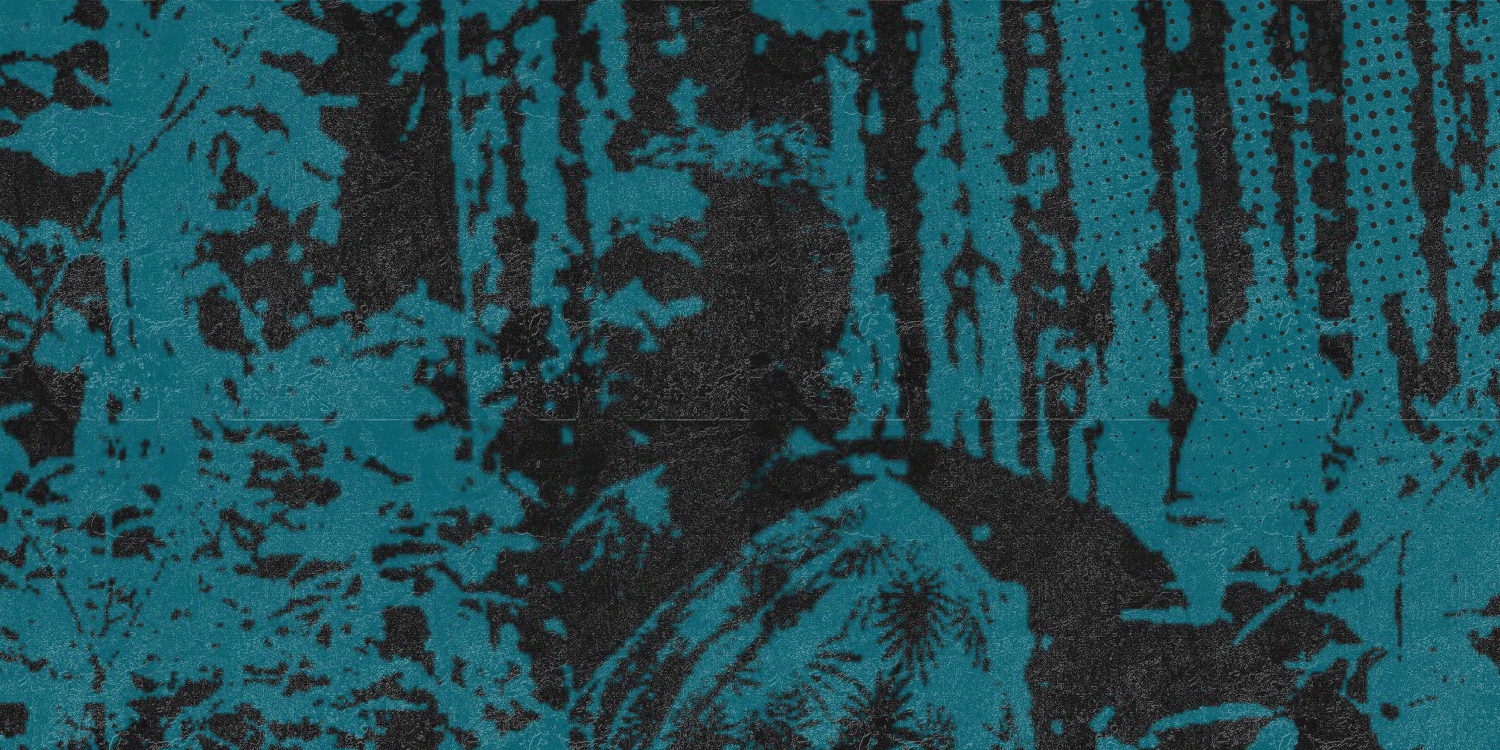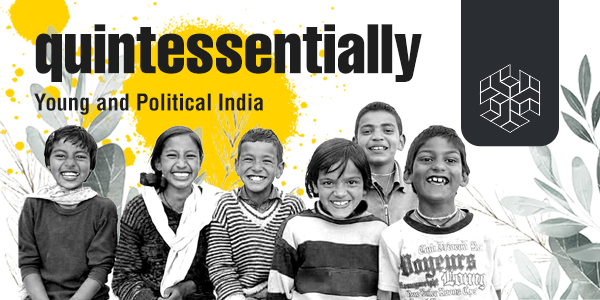ABOUT THE REPORT
India has focused considerably on improving its education system in recent years. With nearly 2.68 crore citizens being persons with disabilities, the education system is slowly pivoting to accommodate the needs of students with disabilities. For instance, the New Education Policy 2020 makes several provisions to address the inequality of access to education and institutional facilities faced by students with disabilities. However, this attention is yet to overcome the challenges faced by students and researchers in higher education institutions. Recognising the importance of access to higher education for persons with disabilities, and the role it plays in preparing them for their future, this report highlights the challenges in the higher education system for persons with disabilities. Most discourse on improving accessibility for people with disabilities circles infrastructural changes such as adding ramps and/or elevators in multi-level buildings or building accessible washrooms. However, this work looks beyond architectural solutions.The study draws attention to physical and social barriers that hinder a conducive learning environment for students with disabilities. It documents first-hand experiences of over 50+ students with varied disabilities across 18 colleges in New Delhi, reviews extensive literature, liaises with stakeholders, and concludes with policy recommendations that may assist in inclusive education for all.
METHODOLOGY
Primary and secondary research methods were combined to understand the inclusive education policies at the higher education level in India. Desk research sourced policy guidelines, legal documents, national and international academic literature, peer-reviewed journals, official reports, and databases to present a thorough assessment. The report’s primary research was conducted through interviews with students with disabilities currently enrolled in higher education, to aptly represent and accommodate their lived experiences. The report approached data collection after pre-identifying themes that may affect the higher education system’s inclusivity. These themes span a wide spectrum, from the inclusiveness of the learning environment in the classroom to the inclusiveness of college societies and clubs. Important stakeholders such as disability activists, academicians, and people working with civil society organisations were identified and interviewed to add further nuance.



